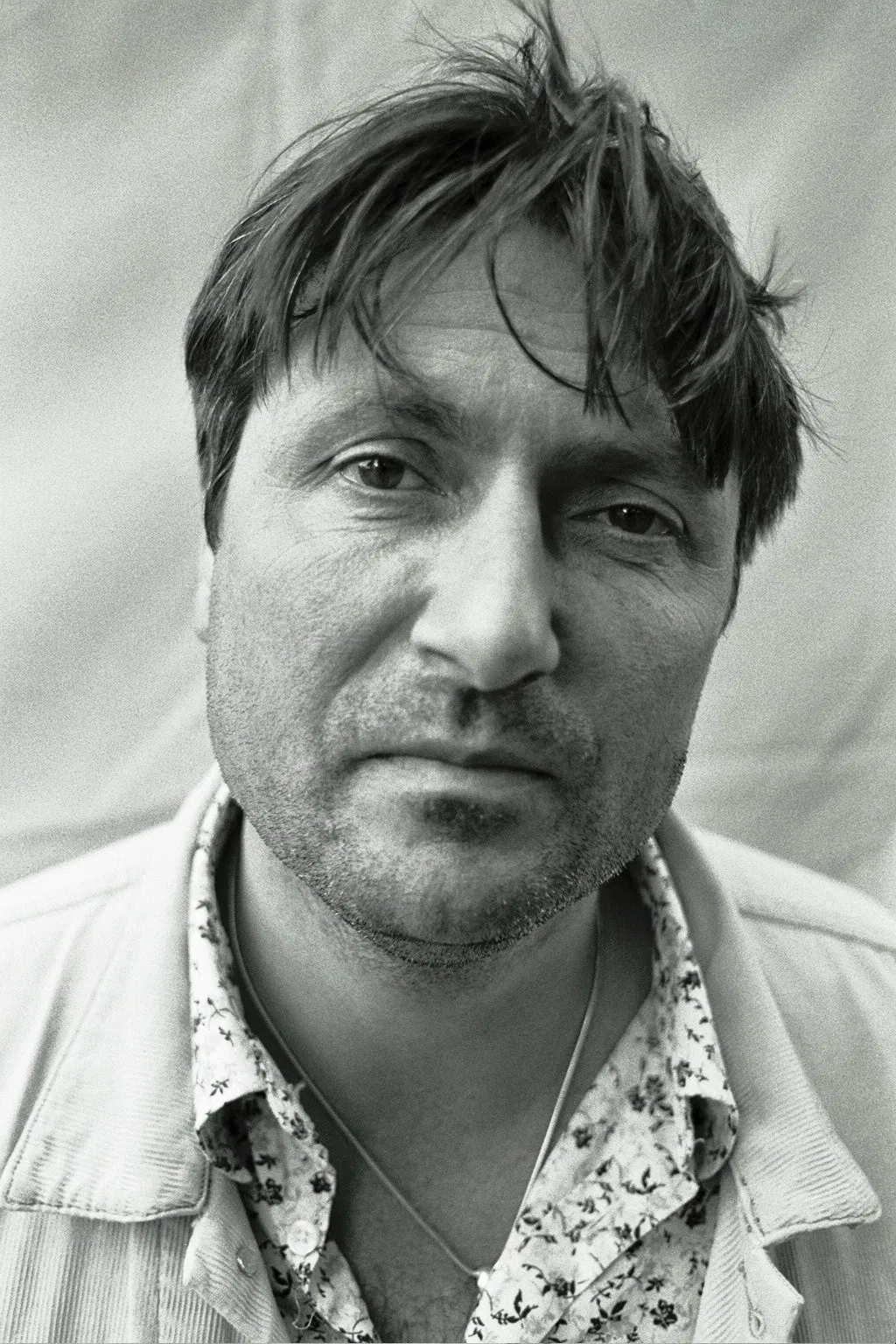‘The Manhunt’ is read by Laura, wife of Eddie Beddoes. Eddie served as a peace-keeper in Bosnia before being discharged due to injury and depression.
Structure:
- The poem starts with a series of couplets and then the rhyme scheme falters to being mostly unrhymed. This could highlight the disruption the war brought to the couple’s relationship – how increasingly disjointed the nature of their relationship is.
- This also creates a sense of fragmentation, which matches the feelings of the soldier’s wife as she seeks to understand the man her husband has become.
- It could also highlight how broken the man is broken.

Themes:
Love, Relationships: The poem is narrated from the perspective of Laura ( Eddie’s wife) and discusses the relationship between them. The writer does choose this perspective to demonstrate how warfare experiences can impact family and personal relationships.
Pain and Illness (PTSD): The poem explores the physical and mental consequences of war on a person.
Discovery, Searching, Exploration: The title is a metaphor as no one is being physically chased down, but rather, Laura is looking to understand the man she once knew by exploring his scars –mental and physical- throughout the poem.
Key Quotations:
“Frozen river ran through his face”
- On a physical level, the adjective “frozen” emphasizes the permanent physical scarring on the man’s face; this reflects the brutality of war and its’ permanent impact.
- On a deeper level, the metaphor of a ‘frozen river’ could signify psychological trauma as the scar goes ‘through his face’; Eddie has traumatic memories that haunt him.
- To sustain the relationship the woman needs to break the ice.
- Eddie has lost the ability to express himself, perhaps out of shellshock but there’s also the social expectation (contextually) to ‘man up’.
“Foetus of metal”
Juxtaposition: foetus connotes new life, birth and happiness but in reality what is growing in him is pain and trauma. It’s also ironic as a fetus is the start of life and affects a parent’s life positively. However, a bullet can kill, can spell the end of life.
Metaphor: 1. the wound is a part of him (just like a baby is to their mother) 2. emasculates Eddie – all his struggle and trauma would stereotypically be associated with the ‘weaker sex’. This just reiterates that war is life-changing… and not in a good way. The description relates to the previous line of a “scan” to find a bullet, which would aid generate empathy, as rather than the happiness of a child, there is the hurt and damage of a bullet.
“Unexploded mine buried deep in his mind”
- The adjective “unexploded” emphasizes the ongoing risk and danger, both to the soldier and those around them.
- The use of “buried” is also significant because it has multiple interpretations; that it is a deep and therefore impactful injury, and secondly that there could’ve been an attempt to ‘cover up’ this injury, due to social standards or fear of being misunderstood.
Similarities & Differences- Comparison to other poems:
A Wife in London: The theme of love and how it has been lost through war. However, in this poem, the couple has been separated by the man’s trauma. In A Wife in London, the couple is separated by death.
Dulce et Decorum Est: Shows the horror of war and its lasting mental effects.
The Soldier: A contrast to the poem as it shows the honour and greatness of war. There is a contextual difference: Brooke writes in 1914 when everyone thought ‘war would be over by Christmas.’
Mametz Wood: Also shows the aftermath and damage war brings. Both poems discuss rediscovery in completely different ways. The theme of war, impact and effects of war, reconnection and rediscovering.

Lovely, this definitely helps a lot, many thanks 😊